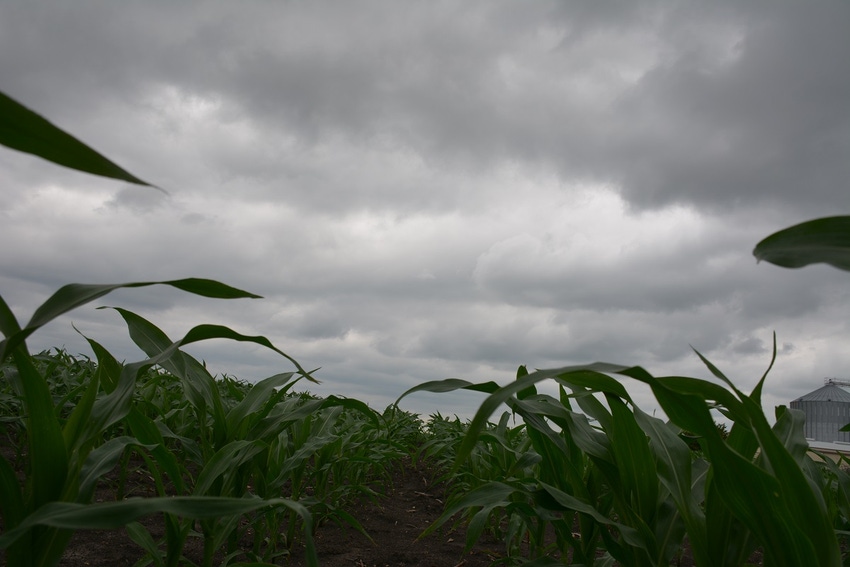
As rains continue to provide much-needed moisture to the Texas Rolling and High Plains, filling soil profiles that have been mostly depleted over the past three or four years, cotton farmers are beginning to wonder about crop options to consider if they can’t get cotton seed planted in time to meet insurance deadlines.
They also have to consider the cotton herbicides they have already applied and restrictions that apply for other crops.
Jourdan Bell, assistant professor and agronomist, Texas A&M AgriLife Research & Extension Center-Amarillo, noted in a recent email that farmers do have options. “The inability to plant cotton, coupled with cotton herbicides on the ground is a big concern,” she says. Bell recommends a link to a publication by Calvin Trostle, Extension agronomist at Lubbock, that addresses crop restrictions for herbicides applied for cotton.
She says soybeans and sunflowers are options, “But not too many farmers get excited about them.” She adds that Wayne Keeling, professor, agronomy-weed science, Texas A&M AgriLife Research - Lubbock, says producers may not have to rule out sorghum or an earlier maturity corn on Treflan ground. “Because Treflan is bound very tightly in the soil, you can plant below the herbicide,” Keeling said.
For the latest on southwest agriculture, please check out Southwest Farm Press Daily and receive the latest news right to your inbox.
Planting depth will vary, depending on how deep the herbicide was incorporated. She quoted Keeling: “Trash whippers work well to push Treflan soil away from the seed. If you plant below the herbicide, the cotyledon can grow through the herbicide, but if you plant on top of the herbicide, the roots will grow through the herbicide and you will see quick herbicide damage.” Damage shows up within four to five days after planting if soil temperatures are ideal for germination.
Keeling also said recent rains will not wash away the herbicide to alleviate the problem. It is best to plant under ideal conditions with soil temperatures at 65 degrees Fahrenheit for 10 days to ensure vigorous early growth.
Specialists say planting in the current cool soil conditions will result in stressed plants more susceptible to herbicide issues, as well as disease and pest problems.
Bell says Panhandle producers use less Caparol and Staple than Southern High Plains producers so those products likely will not affect too many acres.
Bell also recommends a publication by Trostle and cotton specialist Mark Kelley on late-planting and hail-out conditions.
“This is another good cotton herbicide publication,” Bell says.
About the Author(s)
You May Also Like






